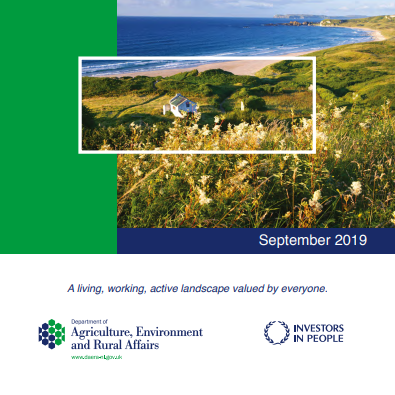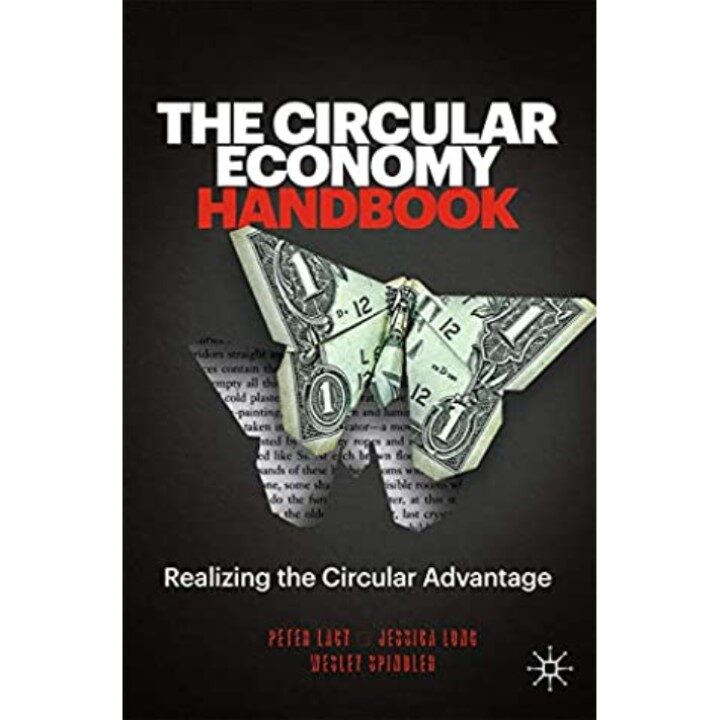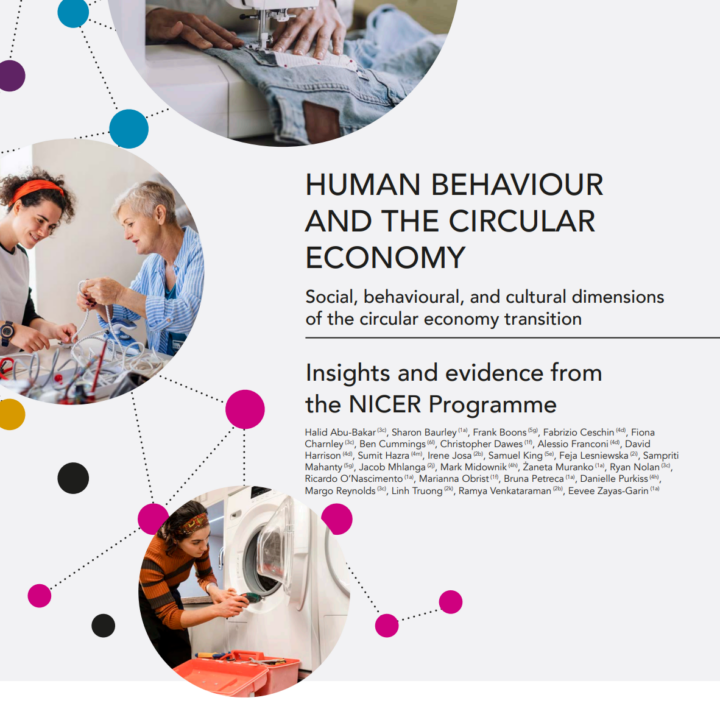2020, DAERA (NI)
Building Competitive Advantage with Sustainable Products -A Case Study Perspective of Stakeholders
2021, Kahupi, Hull, Okorie & Millette
Abstract
Sustainability has gained momentum in literature as government and non-governmental policymakers to fight climate change. Sustainability principles can be good for business and the economy, but businesses have been slow to replace non-sustainable products with sustainable ones. We argue that this is because businesses have a harder time seeing how to build a stronger competitive advantage with sustainable products than they have with the products they already offer. This study thus addresses the question of how sustainable innovators can build competitive advantage around sustainable products. Stakeholder theory advises business owners to build products around the interests of all stakeholders. This paper thus uses a grounded theory approach based on a series of interviews with fifteen key business stakeholders: entrepreneurs, investors, customers, and academics/NGO representatives. There are four major and interconnected findings, viz: (1) investors are the most doubtful concerning sustainable innovations, while customers are receptive and keen to be involved; (2) sustainable entrepreneurs are subsequently advised to make sure that the underlying business case of their firm is well developed as much as the product; (3) the overall barrier hindering the success of some sustainable innovations is not their cost, but the human nature to put off change until problems become critical; and (4) at the moment, investing in sustainable innovations is more attractive in regions with positive sustainability regulations such as California and some European countries.






